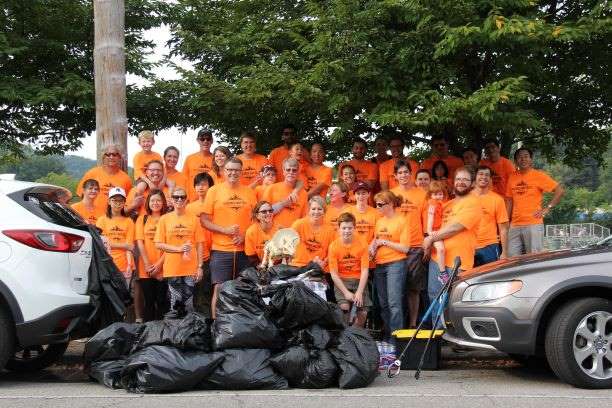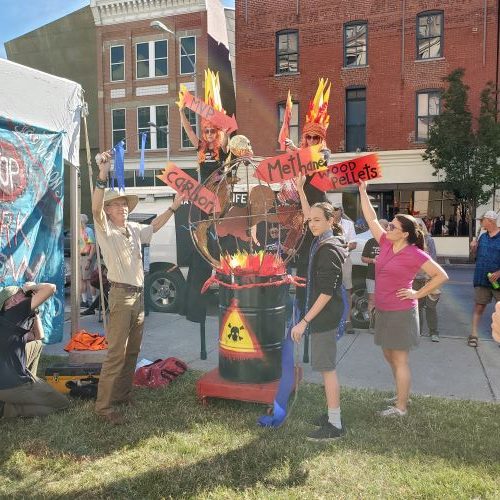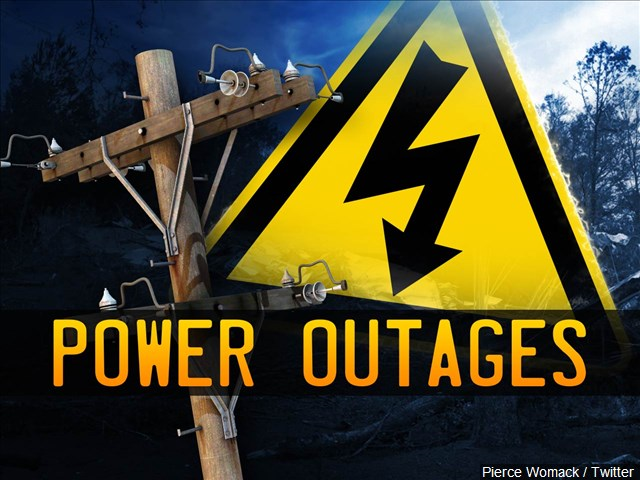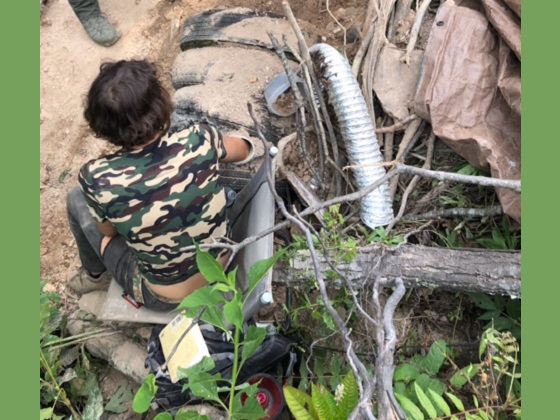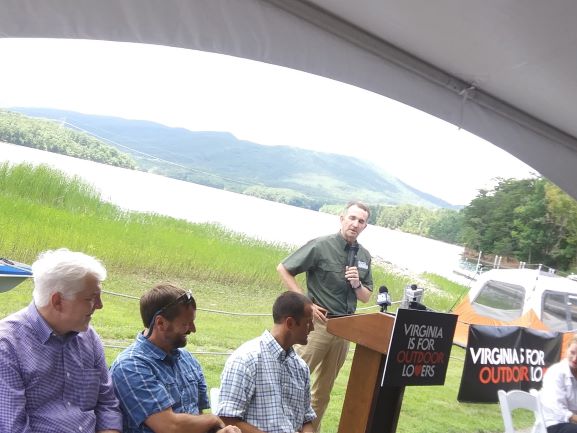A group of medical school, Ph.D and Master’s students are collaborating with Fralin Biomedical Research Institute faculty...
Environment and Outdoors
What started off as a Roanoke custom fabrication shop is now also a luxury vacation rental property,...
Virginia and 22 other states have joined a lawsuit challenging the Trump administration’s rollback of California’s authority...
The natural gas pipeline protest at Wells Fargo Plaza in downtown Roanoke drew people from three states,...
NEWPORT NEWS, Va. (AP) — Virginia officials have ordered several waterways closed to shellfish harvesting because of...
From the Franklin County Sheriff’s Office: On August 15, 2019, shortly after 7:00 AM, security personnel with...
A requiem for the Roanoke Logperch – some local environmentalists held a mock memorial service for the...
The Virginia Department of Environmental Quality’s stop-work order last Friday on a two-mile stretch of the Mountain...
Devils Backbone Brewing Company had a major presence at FloydFest last weekend and now the Nelson County-based...
RICHMOND, Va. (AP) — A U.S. appeals court on Friday tossed out a key permit for the...
Clean Valley Council is calling the new event “Green Drinks,” sponsored by the Roanoke City stormwater management...
Nearly 4,500 without power in Roanoke City and County as of 2:30 this afternoon. No estimated restoration...
The Grandin Theatre has “gone green” – buying all of its electricity from renewable energy sources. Its...
NEWS RELEASE: MONTGOMERY CO, Va. – A Massachusetts man has been arrested on two charges related to...
Governor Northam traveled to Carvins Cove this afternoon where he announced creation of the Office of Outdoor...

